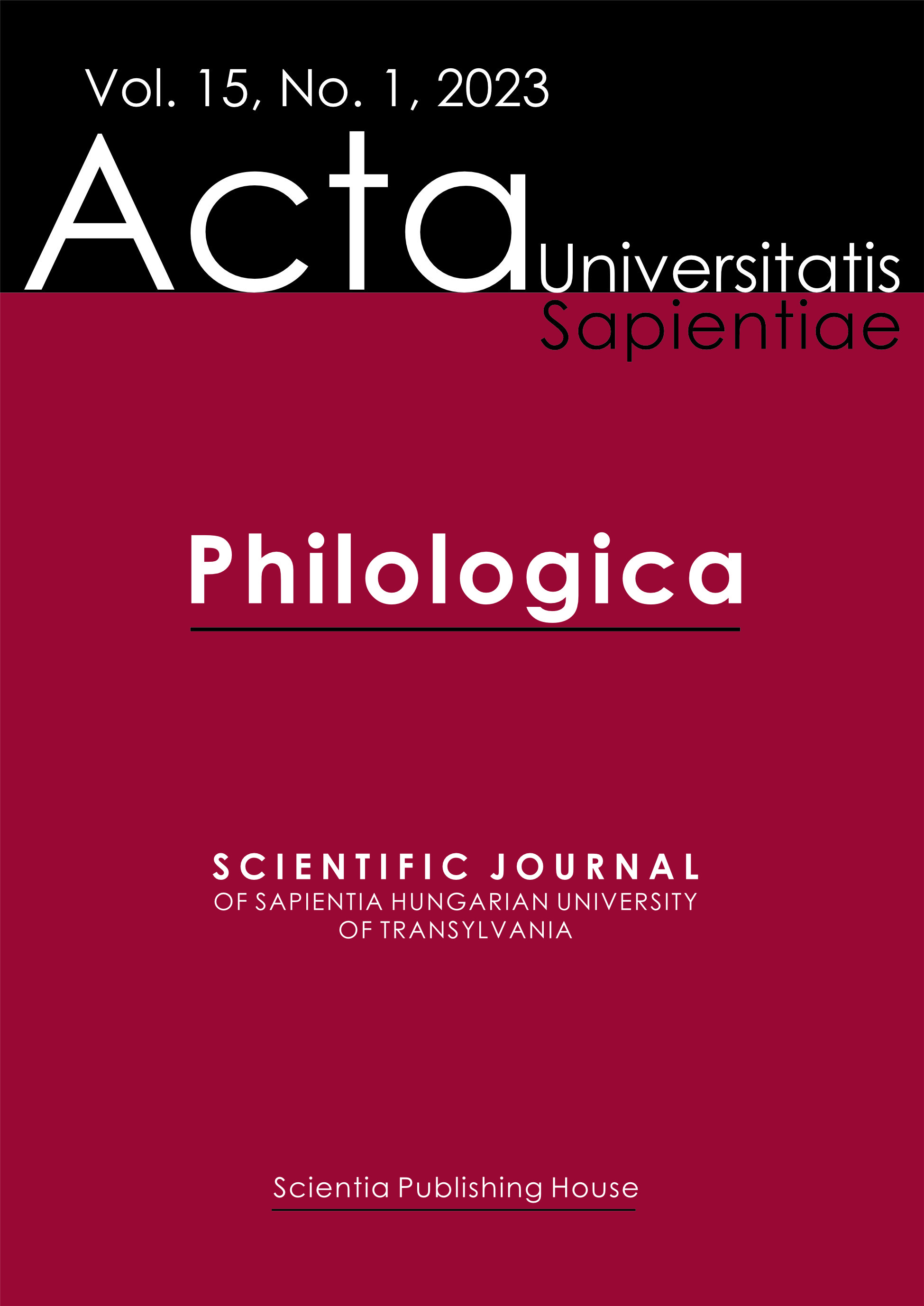The Representation of Love in Manon Lescaut by Abbé Prévost
The Representation of Love in Manon Lescaut by Abbé Prévost
Author(s): Andreea PetreSubject(s): Comparative Study of Literature
Published by: Scientia Kiadó
Keywords: love; passion; eighteenth century; divine authority; individual identity; femininity;
Summary/Abstract: This work analyses the way in which the representation of love in the novel Manon Lescaut by Prévost highlights some important aspects that mark the perception of love in the eighteenth century. Following the literary tradition of Classicism, according to which passionate love is a source of evil and even of the protagonists’ death, in Prévost’s novel, the Chevalier Des Grieux’s passionate love arises from the concern of the Age of Enlightenment to emphasize the importance of individual identity, which implies the freedom and courage to decide on one’s own life, the refusal of one’s positioning in an inherited hierarchy, at the top of which there lies the paternal or divine authority. To illustrate this conviction, Prévost builds a love story in which the male character occupies the privileged place, and femininity does not represent strangeness or otherness but an artificial entity, one created from within the male figure to capture his departure from the original, paradisiacal state of moral perfection. Under these circumstances, the construction of the female character becomes a tribute to the literary tradition of the representation of charm and beauty as sources of the extreme degradation of the male character.
Journal: Acta Universitatis Sapientiae, Philologica
- Issue Year: 15/2023
- Issue No: 1
- Page Range: 83-94
- Page Count: 12
- Language: English

